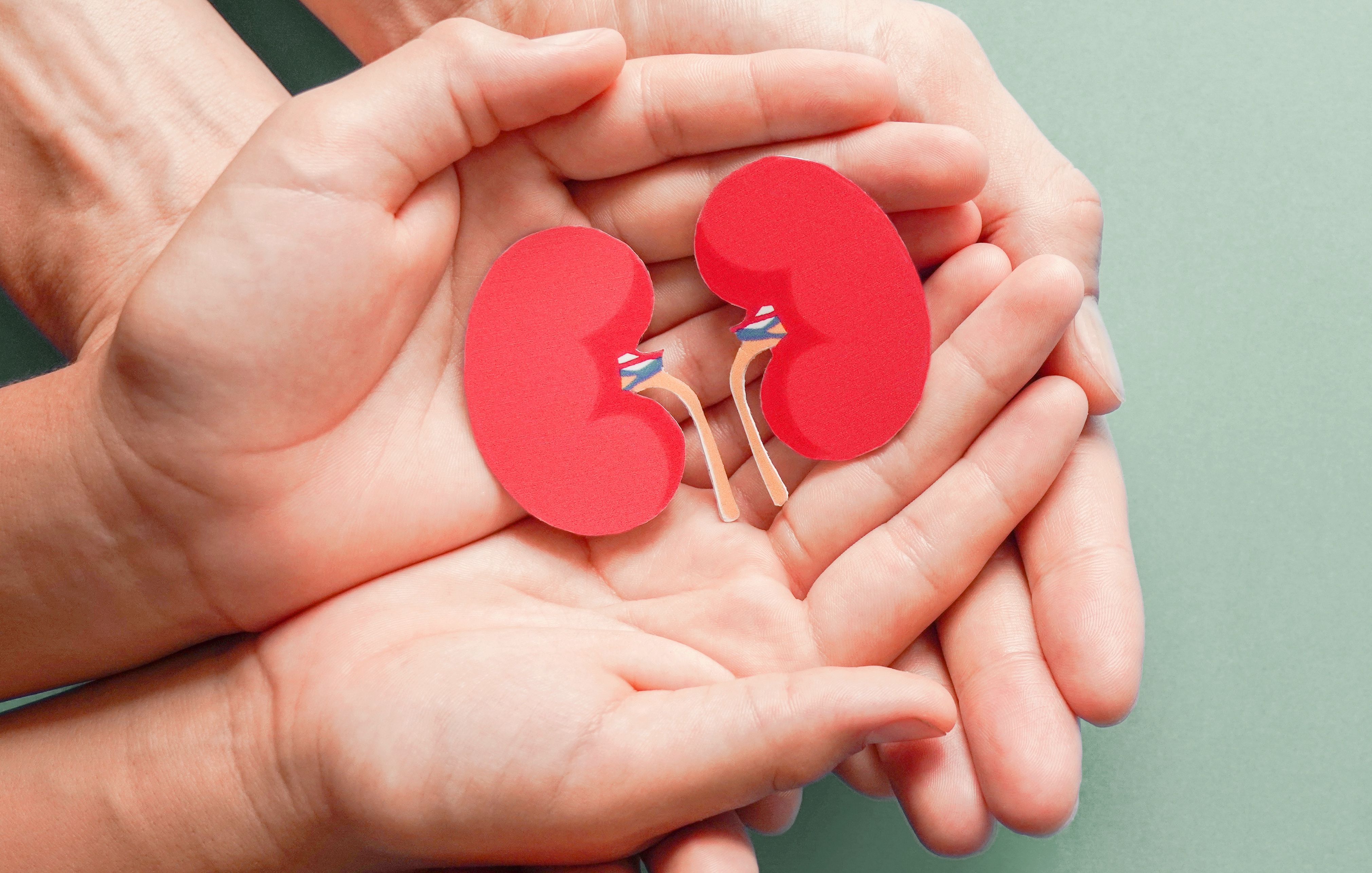New Data Highlight Challenges Taking Phosphate Binders on Dialysis
Struggling with phosphate binders? You’re not alone. New research explores why they’re hard to take — and what new options may help.
By
Patrick Campbell
| Published on April 10, 2025
4 min read
Credit: Adobe Stock/SewcreamStudio

Managing high phosphate levels is a critical part of care for patients on dialysis, but many struggle to take their phosphate binder medications consistently. According to a recent survey conducted by the National Kidney Foundation (NKF) and Unicycive Therapeutics, nearly two out of three dialysis patients report missing doses, most often due to forgetfulness, the number or size of pills and side effects.
“As many as two out of three of patients with end-stage kidney disease undergoing dialysis don’t consistently adhere to their phosphate binder treatment; common barriers are side effects, pill burden and unpalatable formulations,” said Pablo Pergola, M.D., Ph.D, the research director at the Clinical Advancement Center, Renal Associates, P.A., in a news release.
Hyperphosphatemia is a frequent complication in people with chronic kidney disease (CKD), affecting an estimated 40% to 50% of patients with Stage 4 or 5 CKD, according to the NKF. The prevalence is even higher among patients on dialysis, with data from the U.S. Renal Data System showing that up to 70% of dialysis patients have elevated phosphate levels despite treatment.
To better understand real-world trends in hyperphosphatemia among patients on dialysis, Unicycive Therapeutics and the NKF partnered to create an online survey, which 200 patients completed from February 15 to May 16, 2024. To take part in the survey, participants were required to be 40 years old or older and undergoing dialysis.
According to survey findings, 63% said forgetfulness was the primary barrier to consistent medication use, with the next most cited reasons being excessive pill number and large pill size, which were both reported by 47% of respondents.
Further data indicated difficulties carrying pills (45%), gastrointestinal side effects (29%), unpleasant taste (20%), social embarrassment when taking medication (13%) and cost (10%) were other commonly cited reasons as barriers to adherence.
These data were presented at the NKF’s Spring Clinical Meetings, held in Boston from April 9 to 13, 2025. Another study from Unicycive at the medical conference highlighted data from its clinical trial of oxylanthanum carbonate.
According to the study, patients taking oxylanthanum carbonate needed fewer pills, with a median of three tablets per day compared with six with their previous phosphate binders. This reduction in pill burden helped improve adherence, with 70% of patients consistently taking oxylanthanum carbonate as prescribed versus 58% with their prior medication. Most patients preferred oxylanthanum carbonate, with 79% favoring it over their previous phosphate binders. Patient satisfaction was also higher with oxylanthanum carbonate — nearly all patients (98%) said oxylanthanum carbonate was easy to take, and 89% reported being satisfied with their treatment, compared with 38% and 49%, respectively, for their previous phosphate binders.
This agent, though not yet approved, is under review by the FDA and a decision is expected by June 28, 2025.
“These new patient-reported outcomes underscore the potential of [oxylanthanum carbonate] to enhance adherence, reduce treatment burden and improve patient satisfaction. [Oxylanthanum carbonate] could be a welcome new phosphate binder choice for patients with hyperphosphatemia due to its favorable tolerability, small, easy-to-swallow size and low pill burden,” added Pergola, who was the lead researcher for the trial.

